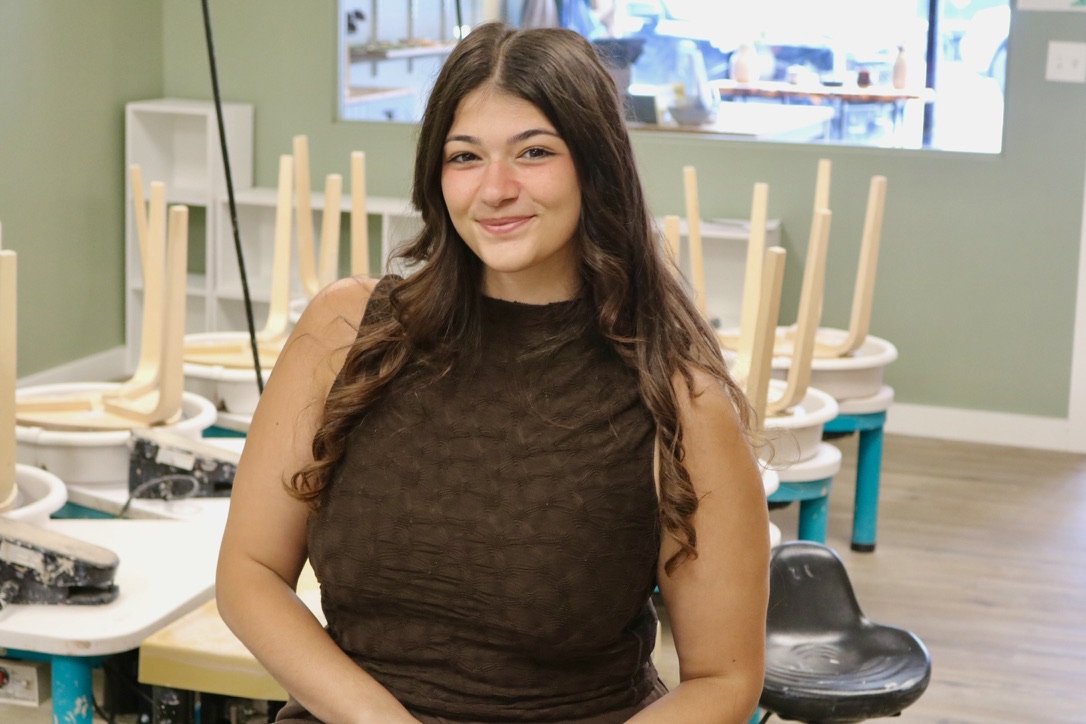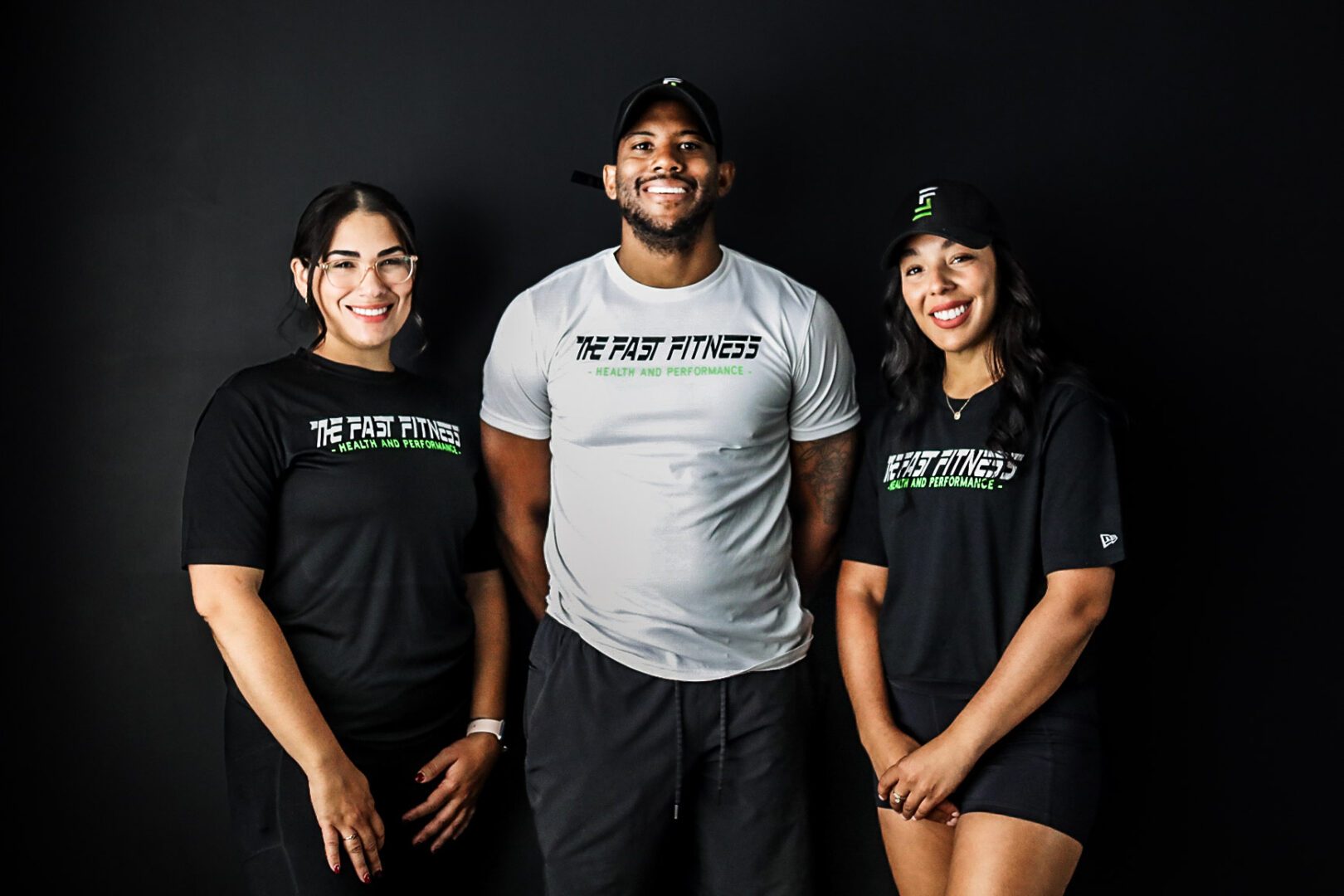We caught up with the brilliant and insightful William Loopesko a few weeks ago and have shared our conversation below.
Hi William, really happy you were able to join us today and we’re looking forward to sharing your story and insights with our readers. Let’s start with the heart of it all – purpose. How did you find your purpose?
I do feel lucky that I get to I’ve made it to a point in my life where I truly get to live my dream every day; but getting here was far from linear. I grew up in Colorado and fell in love with the mountains, canyons, and blue skies that make our state world famous. Like most millenials I went into college with no idea what I wanted to study, and settled into studying geology because it would allow me to go hiking and camping for credit. It was only after I started studying that I realized that I actually also loved it as an intellectual discipline, I love the way that it helps explain the natural world and the landscapes that I love playing in. Unfortunately that natural world is currently facing the existential threat of climate change, and so naturally in college we spent a lot of time studying the science behind climate change and the impact that it was going to have (and is already having) on the planet that we all live on.
I took a gap year between high school and college and spent part of that year living in the Peru. During my time there, I experienced first hand how water shortages impacted the lives of the residents; how it forced them to spend much of their days waiting for water deliveries, or, for the poorest people who couldn’t afford that, spend hours walking with heavy jerrycans to secure water for their households. This experience stayed with me as a studied geology in college and learned about the potential that climate change has for wreaking havoc on the natural water systems that our civilization relies on.
I graduated from college in 2010 when the world, and especially the entry-level job market, was still reeling from the impacts of the recent financial crash. The only jobs available for young geologists were in Oil and Gas, but my environmentally-minded professors at the very liberal-arts college I attended had made it clear to me that I didn’t want to work for a company that was actively killing the planet, no matter how well they paid (and it also helped that I really didn’t want to live in a place like Houston that was so far from my beloved mountains). So the only option left for me was to go to grad school, and my experiences in Peru compelled me to study Hydrology so that I could be well prepared to help solve the water challenges that I still believe will be a defining part of this century. After 3 semesters I graduated with an MS and got a job for a local water consulting engineering firm, determined to make an immediate impact to help people like the ones I had seen in Peru.
By any measure that first job was a great job; I was relatively well paid, had great benefits, a well defined career trajectory, and I loved all of the people I worked with. I fully embraced it at first and by the time I was 27, I had achieved, at least on the surface, what most people would consider success for someone in their mid-20s. I had a stable, interesting job, I bought a house, had a girlfriend and a dog, and was settling into what society has defined as a “normal” life. But despite all of that, I was miserable at my job, and hated the thought of doing basically the same thing for the next 40 years of my life. The dreams I had of helping people in the developing world access clean drinking water for the first time, felt impossibly far away; the realities of consulting engineering mean that you work for the people who are able to pay you, which for us usually meant housing developments in suburbs or resort towns. I knew I had to do something to radically change my life and break out of the routine and “normalcy” that had quickly grown boring and stifling and for me.
It takes a potent combination of confidence and optimism to leave your life behind to start a tech company, especially if you have absolutely no experience in business or technology, but that’s exactly what I did when I was 28. I quit my job after only 3 years, broke up with my girlfriend, and moved out of my house and into my parents’ basement to follow my dream of starting a tech company inspired by my dog. My friends and family and everyone else thought I was crazy, like I must be having a mental health breakdown to just throw away everything I had worked so hard for. But despite the odds, and in defiance of any logic or reasoning, I knew in a way that I still can’t really explain to myself, that it was the right thing for me to do. Life had provided me with an off ramp from the normal mundane life that I was on and I knew that I had to take it, despite (or maybe because of) the uncertainty and challenges that lay ahead.
That company is its own long story, but in short, what was supposed to be a quick 6-month experiment of living in my parents’ basement and sampling entrepreneurship ended up being a nearly 5 year journey that was fueled primarily by optimism, an unwavering belief that what I was doing was right, and an overwhelming desire to not have to go back to work for someone else. During those 5 years we achieved a lot of successes, slowly checking off the boxes that early stage startups are supposed to achieve. I built a passionate team, pitched 100s of investors and ultimately raised a little money from some of them, developed and iterated on prototypes, completed a successful crowdfunding campaign and won multiple awards and press mentions. I also taught myself how to code, and met 100s of interesting, passionate who had similarly inspiring stories of leaving their lives behind to follow their entrepreneurial dreams. In the end, after 5 years of hard work and poverty we brought a new smart pet product to market just in time for us to get wiped out when the pandemic crashed the global economy. I went into the COVID quarantine completely defeated, broke, burned out, and unsure of what my next steps were.
In hindsight, quarantine was exactly the break I needed to breath, take a break from work (which I hadn’t done in nearly 5 years) and reflect on what I had learned and what I wanted to do with my life. I realized that I really like the challenge of building something out of nothing, that I love bringing teams of people together and leading towards a shared vision, and I love the uncertainty, chaos and adventure of starting on a journey without a well defined destination. But after 5 years of working really hard for nothing, living in my parents’ basement, and having completely given up any semblance of a normal social life, I also felt like maybe it was time to go back to work, make some real some money, and be able to move on with other parts of my life (relationships, kids, etc…). So I interviewed for several jobs and every time I did, it reminded me of why I had left that world, and how what I really wanted was to embark on the awesome adventure of a new startup. I started posting on LinkedIn that I knew how to code, and was looking for a startup idea to bring to life, and that’s when Mike reached out, saying he had something I might be interested.
I had met Mike early in the history of my first company when my main job was just networking and sharing my idea with as many people as possible. Mike had just started his company in the carbon offsets space and was in a similar position as me, and so we ended up in a “Mastermind” group together (basically like a support group for first time founders). Our business concepts were completely unrelated so we had never found a way to work together, but we were both interested enough in the work we were doing that we’d loosely stayed in touch. When Mike reached out during my COVID quarantine, he wanted to know if I wanted to join him to build a software company around the idea of making carbon emissions tracking affordable and accessible to all businesses. I realized right away that this was exactly what I had been looking for, that it would allow me to combine my passion for entrepreneurship and building software products/companies, with my original academic pursuits around earth sciences and my desire to protect the natural world that it so important to me. We met to draw out the basic concept on a whiteboard, come up with a basic agreement, and then we were off. COVID gave me the perfect excuse to continue to not have a social life, so I went back to my parents basement and started coding, with the hope that I would someday build something big enough that I could move out.
Today, 4.5 years later, our company Aclymate has grown from just Mike and me to 7 full-time employees. By any definition, we’re still a small and scrappy startup, but we’ve been able to keep the lights on without having to lay anyone off, and after a couple years, we had enough money that I was finally able to full move out of my parents’ basement at the age of 35 and have my own place. I spend my days working with my amazing team to build the world’s software products to help our customers track, measure and reduce their carbon emissions. My job is hard, and it’s not fun everyday, but working with my amazing team to help our customers do their part to fight the existential threat of climate change, truly feels like my purpose, it’s what gets me out of bed every morning, and I look forward to seeing how Aclymate will continue to grow in the future.

Thanks for sharing that. So, before we get any further into our conversation, can you tell our readers a bit about yourself and what you’re working on?
Aclymate is a software company that helps any business measure, reduce and offset their carbon emissions. Our software is designed specifically for smaller companies that don’t have in house sustainability teams. We make climate action and carbon accounting affordable, intuitive and accessible to any business without having to be a sustainability expert. For companies that want more of a guided, managed experience, we offer a “turnkey” service where our team of in house climate experts will do all of the entry and report preparation work for our customers to help them meet their reporting and compliance needs. As Chief Technology Office I run the engineering team and make sure that we’re building the best carbon accounting and reporting software to meet our customers’ needs.

Looking back, what do you think were the three qualities, skills, or areas of knowledge that were most impactful in your journey? What advice do you have for folks who are early in their journey in terms of how they can best develop or improve on these?
Belief in yourself. It may sound cliche, but if you don’t believe in yourself nobody else will. Early on in my entrepreneurial journey my unwavering belief in myself and the work I was doing through my company was the only thing that got my company from just an idea to actually being a real business with a product, customers, investors and employees.
Humility. You need so many vastly different areas of skill and expertise to start a company that no one person can be a master of all of them. In order to be successful you need to acknowledge that while you may have the ultimate vision for where the company is headed, you need to work with others who have the skills and experience to help you get there. That can only really work if you’re humble enough to admit that you’re not always the smartest person in the room, and can instead trust and empower your team to pour the best of themselves into your dream. In a lot of ways, I feel like as a founder, your role is to sell your team on your and then get out of their way and let them leverage their expertise, talents and experience to bring it to life.
Curiosity. Starting a company requires an insatiable thirst to constantly be learning about everything related to your company: your team, your customers, your product, your competitors, and the industry that you’re playing in. You should never assume that you have nothing left to learn, if you stop growing as a leader, then you’re company will inevitably stop growing as a result. Stay curious and never stop thinking about ways to improve your company and ultimately better serve your customers.

What was the most impactful thing your parents did for you?
I spent 6 years living with my parents in my late 20s-early 30s when I first started my life as an entrepreneur, so I was able to have a unique look as an adult into the lessons that they always tried to instill in me. While I’ve always had their unconditional love and support, they’ve also given the freedom to live my own life, be my own person and make my own decisions, even if those decisions could lead to hard failures and their ensuing lessons. Knowing that I had the freedom to fail without losing their unconditional love and support, empowered me to take on the kinds of challenges and risks that are needed to start a tech company when you know nothing about business or technology. They were the first ones to loan me the money that I needed to get my first company off the ground, and even if they didn’t always understand my reasons for throwing my life away to start a company inspired by my dog, they still supported me the whole way (and literally fed me and kept a roof over my head).
Contact Info:
- Website: https://aclymate.com
- Instagram: @aclymate
- Facebook: @aclymate
- Linkedin: https://www.linkedin.com/in/william-loopesko/
- Twitter: @aclymatecarbon
- Yelp: @aclymate



Image Credits
All images can be credited to Aclymate Inc.
so if you or someone you know deserves recognition please let us know here.




